This article was originally published in Norwegian in Fiskeribladet here.
She is a young woman from the Philippines and she, like many others, is deeply concerned for the world’s natural diversity – both at sea and on land. Her speech was touching and strong, and really made me think about whether I am who I need to be, to be part of the transformative change that is necessary in society. Am I ready for the tough choices that need to made and the difficult changes that have to happen? Changes that we must consider now. To save nature. The sea. The resources we depend on – as humans – to survive.
80% of life on earth is in the ocean – though we do not know how much there really is, where it’s located at any given time, or what it can even be used for (or even whether it should be used for anything at all). But the sea needs help from us now. We are in the middle of a mass extinction event – both at sea and on land – without knowing how many species we are losing, where they are (or were) or what the consequences even are for us, or for life in the sea, now that they may be going extinct.
Many want to help, on many levels, to both stop the extinction event and to find out what we really face because of where we already are. And it is important to point out that here in Norway (as usual, many will probably be saying now) we are certainly among the best in class – for example in relation to research – something we must naturally be proud of.
In Europe, we have the second highest number of days at sea with research vessels (although new state budgets propose to cut this exact point). We also have the second highest investment in research in Europe – after Italy – and it has increased steadily in recent years (data until 2017). We should be proud of that – we contribute well worldwide to find scientific solutions, and we do it together with the industry.
This is also shown in the new government’s budget, which emphasises the importance of technical-industrial institutions such as SINTEF gathering knowledge for Norwegian businesses and industry – and increasing this support. For the past four years, SINTEF Ocean has worked with the innovation-driven EU project Smartfish to find new, effective solutions for the fishing industry in both Norway and the EU that can contribute to streamlining the industry. This aims to lower costs for players while simultaneously helping to protect biodiversity through enhanced capture technology.
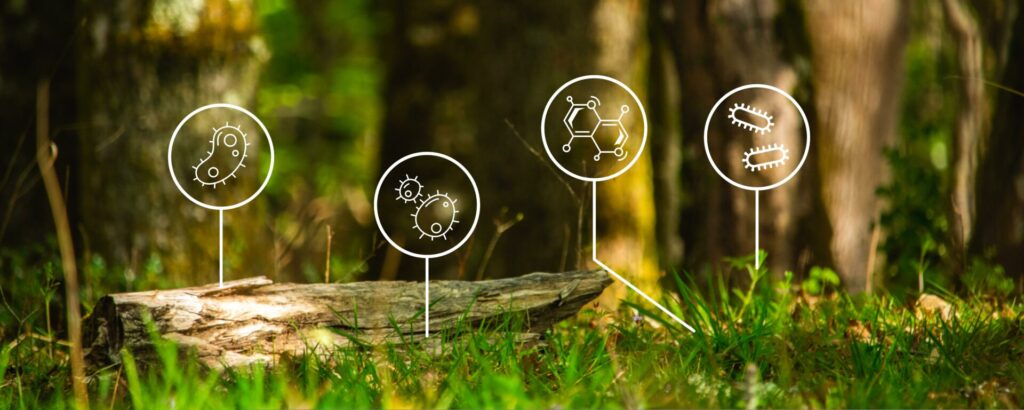
Through the project R-Control, for example, funded by the Norwegian Research Council and started in 2021, we will – together with the industry – develop technology to be able to automatically analyse the catch composition from each fishing vessel as the fish enters the boat, to determine species and size (length and weight), automatically linked to time and location, fishing gear and other relevant parameters.
For the protection of biodiversity, the latter is particularly important. Because if we do not know what is taken out of the sea, we cannot protect it. If we do not know what is even out there, we also do not know what we are losing – or what we can possibly get more out of.
The job is also being done on a global level – because we know that it does not help much if only Norway does it’s part. In the second week of October this year, work continued on the post-2020 global biodiversity framework – where the goal is 30% protection of land and sea areas (which, what does that really even mean for the industry?). In November, the climate summit – COP26 – was held in Glasgow, where we discussed, among other things, what must be done to not only stop greenhouse gas emissions – but also to get rid of what is already in the atmosphere.
Nature-based solutions such as seaweed and kelp, protection of bog areas, carbon capture and storage, offshore wind turbines, and increased CO2 taxes. The latter is part of the solution the new state budget also addresses, as “Fiskeribladet” wrote on October 12th of this year as well – the same day that Taulí asked world leaders if they were the transformative leaders they needed to be to bring about the critical societal changes we must see quickly.
The question we must also ask ourselves is whether we, who work in and with the industry, are also who WE must be to take part in these transformative changes.
In 2021, SINTEF will start strategic research on Biodiversity and land use – topics that already are and will continue to be important in the future, especially when we are to protect 30% of our sea areas and cut greenhouse gas emissions at the same time.
What solutions can we work out that can give us sustainable growth in the industry – without contributing to negative development for climate, environment, and biodiversity? This is something we as a research institution cannot work on alone – here we need you in the industry to give advice, input and practical suggestions, so that we can all be who we MUST be.


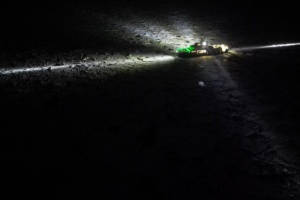
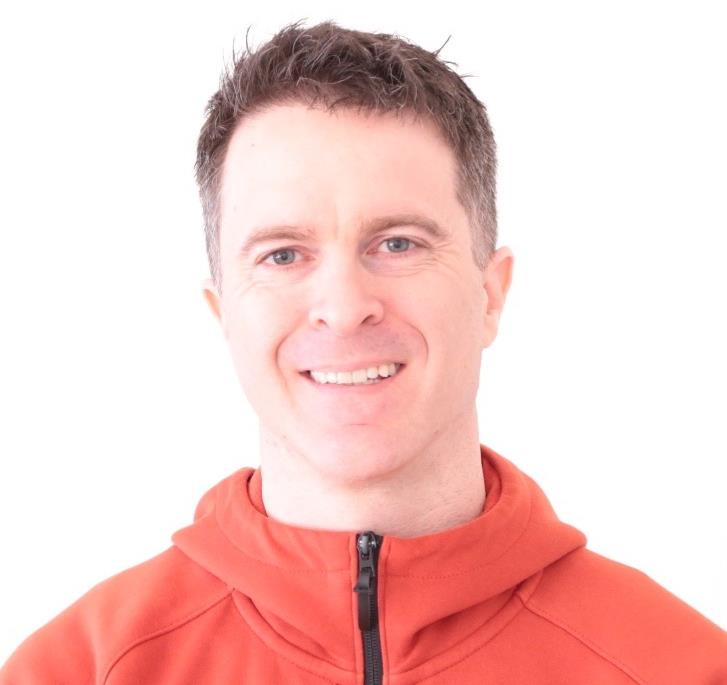
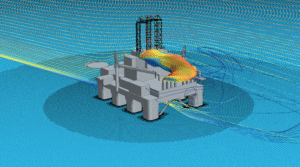
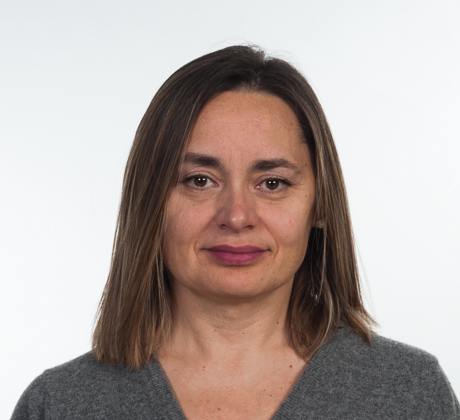
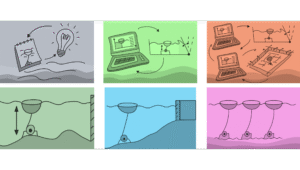
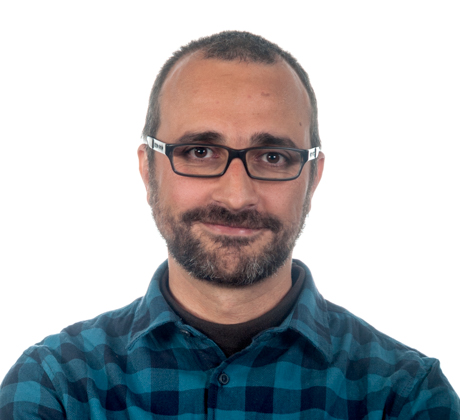
Comments
No comments yet. Be the first to comment!